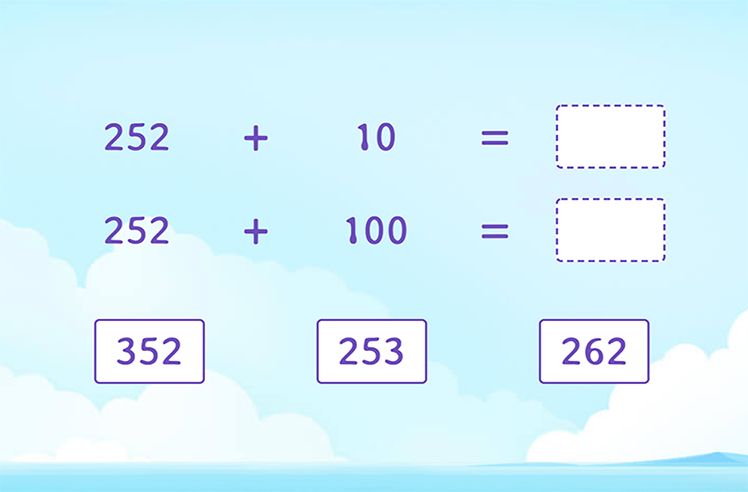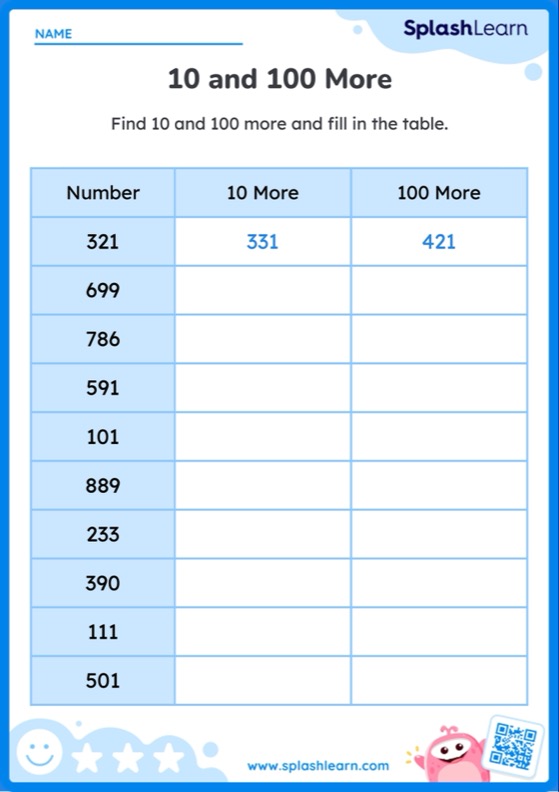Multiplicative Identity Property of 1
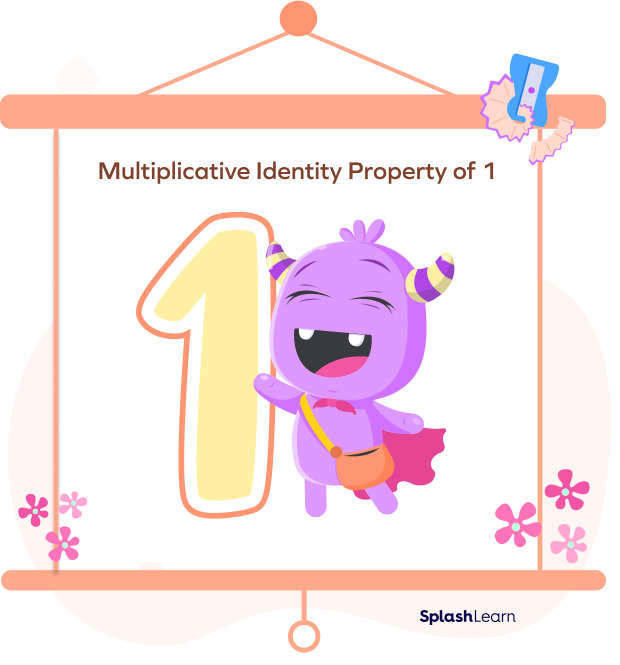
I’m the number one.
The sums that involve me are easy and fun.
I am smart and bright.
Problems with me, you’ll always get right!
 Begin here
Begin here
What is Number 1?
It is a very simple number. But also very important. In mathematics, the number 1 represents a single entity. It is a quantity or value of 1. One is the first positive odd number in the number line.
Today, we will learn about the multiplicative identity property of one. It is unique and interesting. Let us jump right in.
Related Worksheets
Definition of Identity Property of Multiplication?
Multiplicative identity property of the number 1. Sounds complicated, doesn’t it? It is not. It is easy to apply for a property with such a long name. It is also a fairly simple math law.
The multiplicative identity formula is expressed as a ✕ 1 = a. Here, “a” can be any real number.
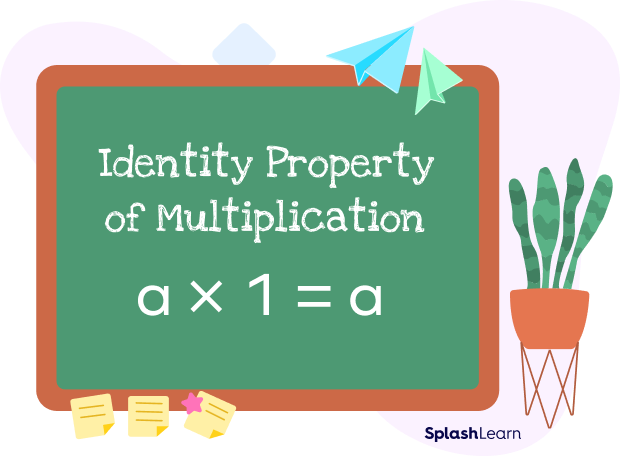
What does the Multiplicative Identity Property of 1 State?
It states that any number multiplied by 1 gives the same result as the number itself. It is also called the identity property of multiplication. This is because the identity of the number remains the same.
Here are some examples of the identity property of multiplication.
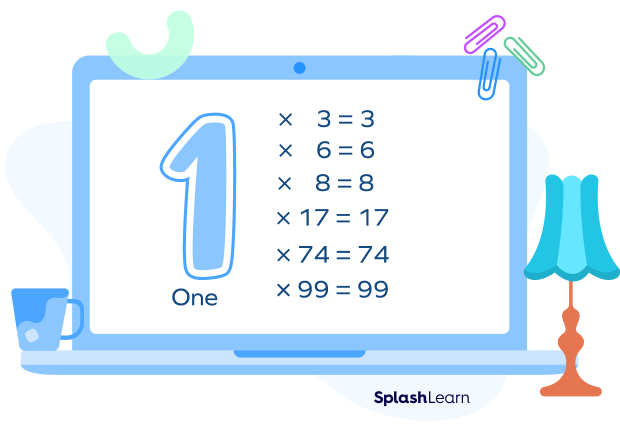
What do you observe in the chart above? What happens when 1 is multiplied by any number? Nothing, it does not change the number. We get the same number as the result when we multiply it by 1. The number does not change, which means it keeps its identity, which is the reason for the name of the property. And, we can say that 1 is the multiplicative identity.
Fun Facts!
- The Egyptians were the first civilization to invent different symbols. They did this for different numbers. They had a symbol for one. It was just a line.
- 1 is a natural number.
- 1 is neither a prime number nor a composite number.
- 1 is the only factor of 1.
- What happens when a number is divided by 1? It gives the same quotient as the number itself. This is called the identity property of division.
- 1 is also referred to as “unit” or “unity”.
Solved Examples
Example 1: If 35 ✕ n = 35, what is the value of n? State the property being used.
Solution:
35 ✕ n = 35 (given)
n = 35 ÷ 35 = 1
n = 1
So, 35 ✕ 1 = 35
The property used is identity property of multiplication. The result is the original number when you multiply a number by 1.
Example 2: Use the identity property of multiplication to find the correct value of “z” if z ✕ 1 = 9/17.
Solution:
z ✕ 1 = 9/17 (given)
Let us use multiplicative identity. If 1 is multiplied by a number, it returns the original number.
Therefore, z = 9/17
Example 3: Which of the 2 equations illustrates the identity property of multiplication?
a) 54 ✕ 1 = 54 b ) -54 ✕ -1 = 54
Solution:
a) 54 ✕ 1 = 54. Yes, this equation illustrates identity property of multiplication. The number 54, when multiplied by 1, gives the same result as the number itself, 54.
b) -54 ✕ -1 = 54: No, this equation does not illustrate identity property of multiplication. The number -54, when multiplied by -1, gives a different result from the original number.
Practice Problems
Multiplicative Identity Property of One - Definition with Examples
What is the multiplicative identity element for real numbers?
The multiplicative identity of a real number is 1. When we multiply 1 by any real number, we get the same number.
For example, 59 ✕ 1= 59.
Use the multiplicative identity property to find the correct value of “n” if n ✕ 1 = -27.
n ✕ 1 = -27 (given). By multiplicative identity, if 1 is multiplied by a number, the product is the original number. So, since the product is -27, n is also -27.
-27 ✕ 1 = -27
Which equation demonstrates the multiplicative identity property?
Any number multiplied by 1 gives the same result as the number itself.
This property is illustrated in Option b. -101 ✕ 1 = - 101.
Frequently Asked Questions
Why is the number 1 called a unique number?
1 (one, also called unit and unity) is a number. A numerical digit is used to represent that number in numerals. The number 1 is called a unique number due to the following reasons:
- It is neither a prime nor a composite number.
- It has only one factor, that is, the number itself.
Does the identity property of multiplication apply to -1?
No, the multiplicative identity does not apply when any number is multiplied by -1. This is because the result will not be the same number. For example, 31 ✕ -1 = -31.
Which numbers can the identity property of multiplication be applied to?
The identity property of multiplication can be applied to all real numbers. This includes natural numbers, integers, as well as rational numbers.

